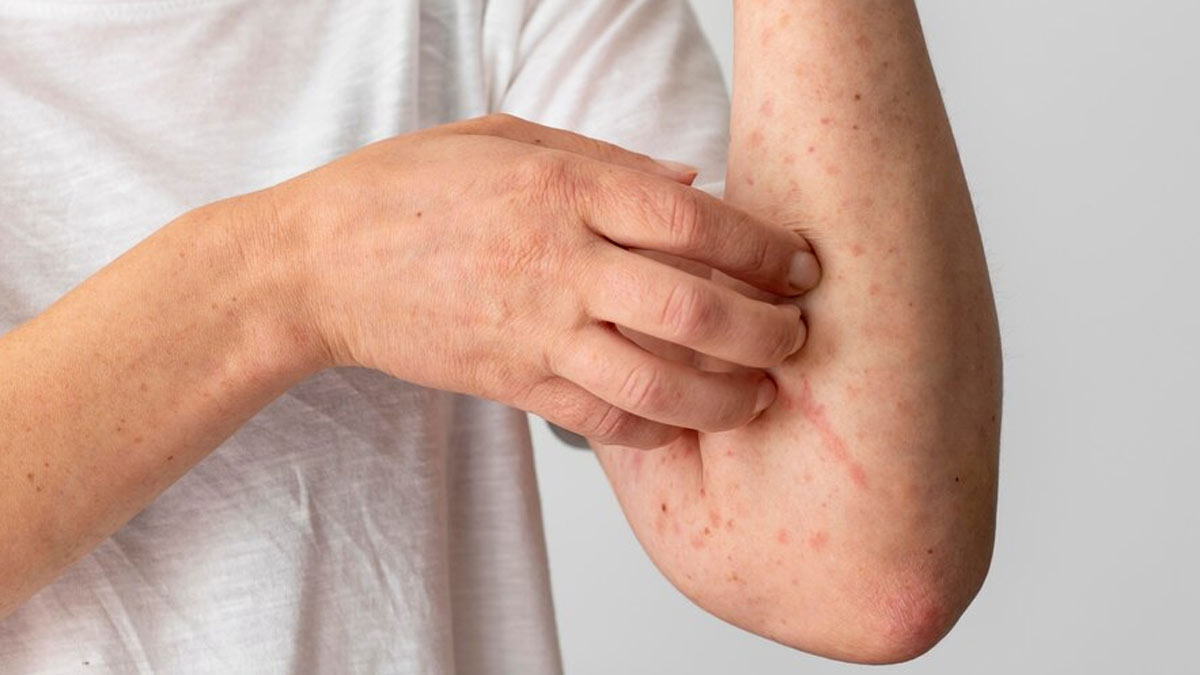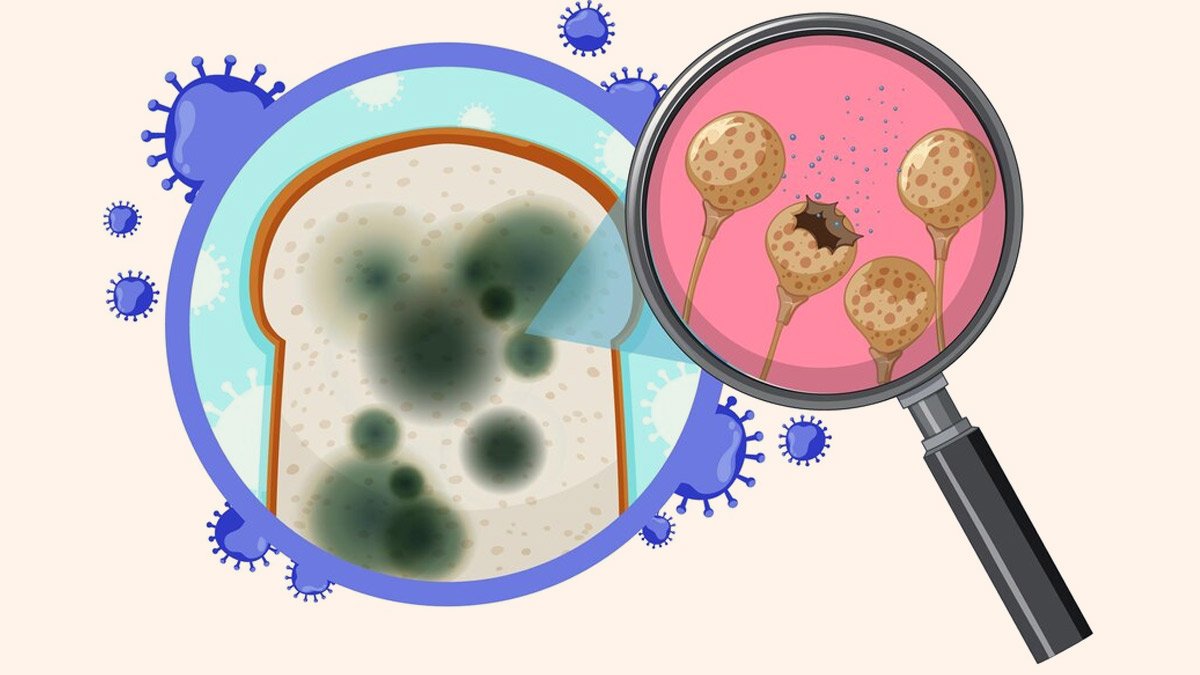
Candida, a kind of yeast, causes yeast infections on the skin, commonly known as cutaneous candidiasis. While it is difficult to totally prevent yeast infections, there are steps you can take to lower your chances of getting them.
Table of Content:-
“It is normal for yeast to colonise our bodies, but if we do not maintain good hygiene and cleanliness, the yeast and microorganisms thrive and can cause a variety of diseases. Sweating and humid weather conditions can also contribute to these diseases if not addressed appropriately,” said Dr Sukriti Sharma, Consultant- cosmetology and hair specialist, Meddo CureDerm Skin Clinic.Here are some preventative measures:
Maintain Good Hygiene
Keep the affected skin clean and dry. Gently wash the area with mild soap and water, and pat it dry thoroughly. Change out of wet or damp clothing promptly, especially after activities that cause sweating.

Also read: Fungal Infection: Types And Prevention Of A Global Threat
Avoid Tight Clothing
Choose loose-fitting, breathable clothing to allow air circulation and reduce moisture, creating an environment less favorable for yeast growth.
Use Antifungal Powders
Apply antifungal powders, especially in areas prone to moisture, to help keep the skin dry and inhibit yeast overgrowth.
Limit Antibiotic Use
Antibiotics can disrupt the balance of microorganisms on the skin, potentially leading to yeast overgrowth. Only use antibiotics when prescribed by a healthcare professional.
Manage Medical Conditions
If you have underlying medical conditions such as diabetes that may increase the risk of yeast infections, work with your healthcare provider to manage and control these conditions effectively.
Choose Breathable Fabrics
Opt for clothing made from natural, breathable fabrics like cotton, which allows better air circulation and helps prevent moisture buildup.
Practice Good Foot Hygiene
Keep your feet clean and dry, especially between the toes. Choose moisture-wicking socks and breathable shoes, and avoid wearing damp shoes for prolonged periods.
Limit Sugar Intake
Yeast thrives on sugar. Cutting back on sugary foods and refined carbohydrates may help reduce the likelihood of yeast infections.
Also read: Know About The Connection Between Diabetes And Fungal Infection
Probiotics
Probiotics, either through supplements or fermented foods like yogurt, may help maintain a healthy balance of microorganisms on the skin and in the body.
Avoid Prolonged Antibiotic Use
Long-term or frequent use of antibiotics can disrupt the natural balance of microorganisms in the body, increasing the risk of yeast infections. Use antibiotics only as prescribed by a healthcare professional.
Manage Stress
Chronic stress can weaken the immune system, making the body more susceptible to infections. Practice stress-reducing techniques such as exercise, meditation, or deep breathing.
It's important to note that if you suspect a yeast infection or experience persistent symptoms such as itching, redness, or discomfort on the skin, it's advisable to consult with a healthcare professional for an accurate diagnosis and appropriate treatment. They can provide guidance on effective antifungal medications and offer personalized recommendations based on your specific situation.
Also watch this video
How we keep this article up to date:
We work with experts and keep a close eye on the latest in health and wellness. Whenever there is a new research or helpful information, we update our articles with accurate and useful advice.
Current Version